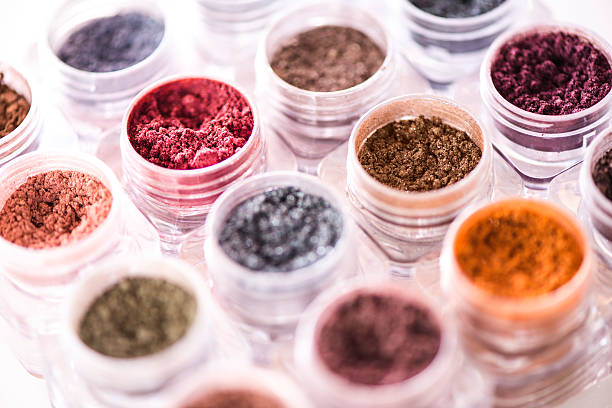Organic cosmetics have become increasingly popular in the beauty and skincare industry in recent years. As concerns about health and environmental issues continue to grow, many consumers are looking for more natural and safer cosmetic options. Organic cosmetics were created in response to this demand. So what exactly are organic cosmetics? Why are they so popular?

Definition of Organic Cosmetics
Organic cosmetics are those that use as many natural ingredients as possible in their manufacturing process and strictly limit the use of synthetic chemicals. Specifically, most of the ingredients in these products are sourced from organically grown plants that are grown without the use of synthetic pesticides, chemical fertilisers, GMO technology or other chemical additives. In addition, the manufacturing process of organic cosmetics needs to comply with organic standards to avoid pollution and the introduction of harmful substances.
Standards and Certification of Organic Cosmetics
To be called an organic cosmetic, a product usually needs to be certified by a third party organisation. These organisations will assess the product against different organic standards and common organic certifications include:
1. USDA Organic: The United States Department of Agriculture's organic certification, which requires that at least 95% of the ingredients in a product are organic.
2. COSMOS-standard: A standard jointly developed by the five major organic and natural cosmetic certifying bodies in Europe, covering aspects such as ingredients, packaging and production processes.
3. Ecocert: an international organic certification body that requires products to have at least 95 per cent organic botanicals and at least 10 per cent of the total ingredients to be organic.
These certifications not only ensure that the products are organic, but also that their production processes are environmentally friendly and sustainable.
Advantages of Organic Cosmetics
1. Less irritation: Organic cosmetics do not contain harmful chemicals such as artificial fragrances, preservatives and colours, making them gentler and more suitable for sensitive skin.
2. Environmentally friendly: Organic farming and production processes reduce the use of chemicals, which has a positive impact on soil, water and biodiversity.
3. Healthy and safe: Organic ingredients are sourced transparently, reducing the risk of chemical residues and allergic reactions.
4. Ethical sourcing: Many organic cosmetic brands also focus on fair trade and ethical sourcing, supporting smallholder farmers and sustainable development.

Considerations for using organic cosmetics
Although organic cosmetics have many advantages, consumers still need to be careful when choosing them:
1. Certification Mark: Ensure that there is a credible organic certification mark on the product.
2. ingredient lists: read the ingredient lists carefully to understand the sources of all ingredients in the product.
3. Individual differences: Everyone's skin condition is different, even organic products may cause discomfort to some people and should be tested on a small scale before use.
Organic cosmetics offer a safer and more sustainable option for consumers who are concerned about their health and the environment. The organic cosmetics market will continue to grow and develop as people recognise and pursue an organic lifestyle. Choosing organic cosmetics is not only an investment in your health, but also a way to protect the planet's environment. Try organic cosmetics on your next shopping trip and experience the natural beauty they bring.
Post time: Jun-11-2024

